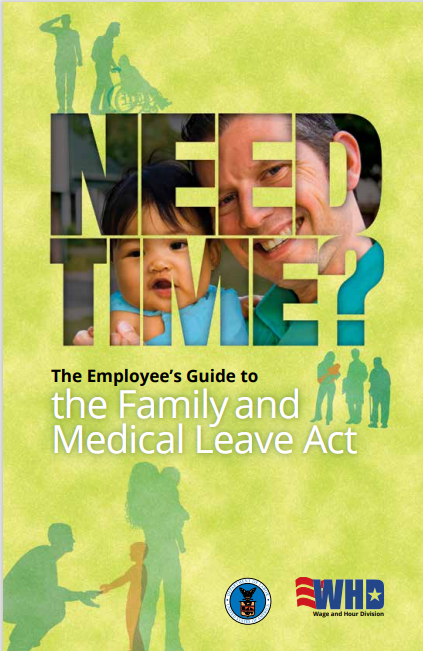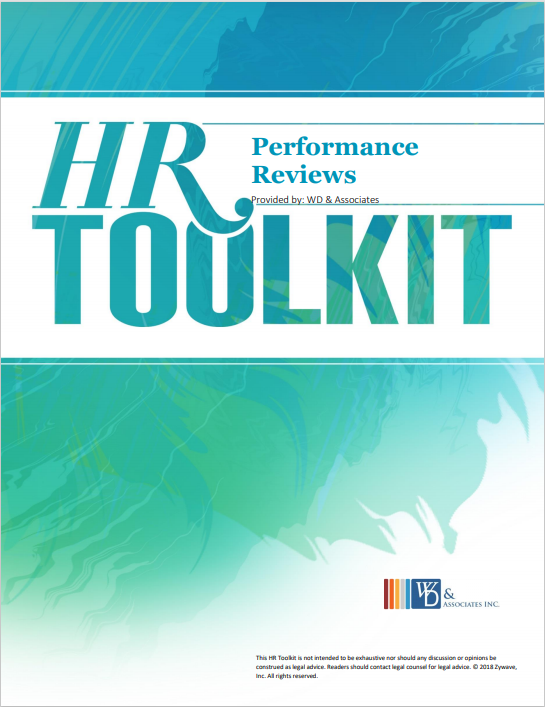
The definition of retaliation in the context of employment law is broad and the trend is toward broadening it further. In August of 2016 the Equal Employment Opportunity Commission (EEOC) expanded the definitions of protected activity, adverse action and causal connection.
You might think that retaliation is “I complained. I was fired” but the broader definition includes any conduct that discourages an individual from coming forward.
Things like being excluded from meetings, being moved to a different office or even being mean to an employee’s friends in the work place could be considered retaliatory.
The volume of retaliatory claims is higher than ever. In fact in 2016, retaliation was the number one type of claim filed with the EEOC.
Employees can have viable retaliation claims even if a previous discrimination claim was dismissed. In some cases it is easier for plaintiff’s attorneys to prove retaliation than it is other types of discrimination. Once a charge is brought the onus is on the employer to prove it wasn't retaliation which is hard because it is less deniable.
It is time to take steps to protect your company. Here are four areas worth focusing on:
- Appropriate References
Post-employment conduct can also be considered retaliation.
For example, you receive a call to be a reference for a past employee. You tell a story about that employee that results in a failure to hire and it is because of your story. That could be considered retaliation.
In addition to having anti-retaliation language in your employee handbook, you also need a policy on giving references. A reference should only include name, job, and date hired.
Keeping references limited to employment confirmation protects the company and employees from charges that could result from a character reference.
- Cautious Hiring
Hiring, like references is another area to exhibit caution. For example it is considered unlawful to fail to consider a candidate because you know of a prior lawsuit or EEO complaint that the applicant filed or was a witness in.
This could be of particular concern in a State like RI where everyone knows someone who knows the applicant and you gain knowledge that causes the candidate to not be considered. That could be considered retaliation.
- Protected Classes
The list of protected classes in the employment context continues to grow. No longer does the employer have only to be careful not to discriminate against somebody because of their race or gender.
They now need to be concerned about gender expression, religion, medical condition, military status, sexual orientation, age and disability as well.
Assume everybody is part of a protected class. If an employee in any one of these protected classes makes a complaint, either formally or informally, there is a potential retaliation claim that could follow depending on how the employee is then treated.
- Personal Liability
In some cases your employees, particularly HR and management, could face personal liability if they are charged with harassment or intentional infliction of emotional distress.
Best Practices for Avoiding Retaliation
Fortunately the EEOC offers some “promising practices” that employers can use to minimize the likelihood of retaliation violations.
These include having a “written, plain –language anti-retaliation policy” and providing “practical guidance on the employer’s expectation with user-friendly examples of what to do and not to do.” Further the policy should make it clear that retaliation will be subject to discipline
Additional best practices include regular training for employees at all levels, creating a mechanism for employees to report concerns and instances of retaliation, and reinforcing a culture that favors a respectful workplace.
Be sure to include practical examples in your training materials because when an employee has a better idea of what constitutes retaliation they will be better armed to recognize and avoid it.
It is extremely important for companies to avoid all discrimination claims, and particularly retaliation claims, because an EEOC or DOL audit after a complaint often has a domino effect with further past instances coming to light.
Multiple claims result in huge costs to employers in both legal fees and adverse judgments. Take the time to review your best practices and train your employees to avoid retaliation claims.













Leave a comment